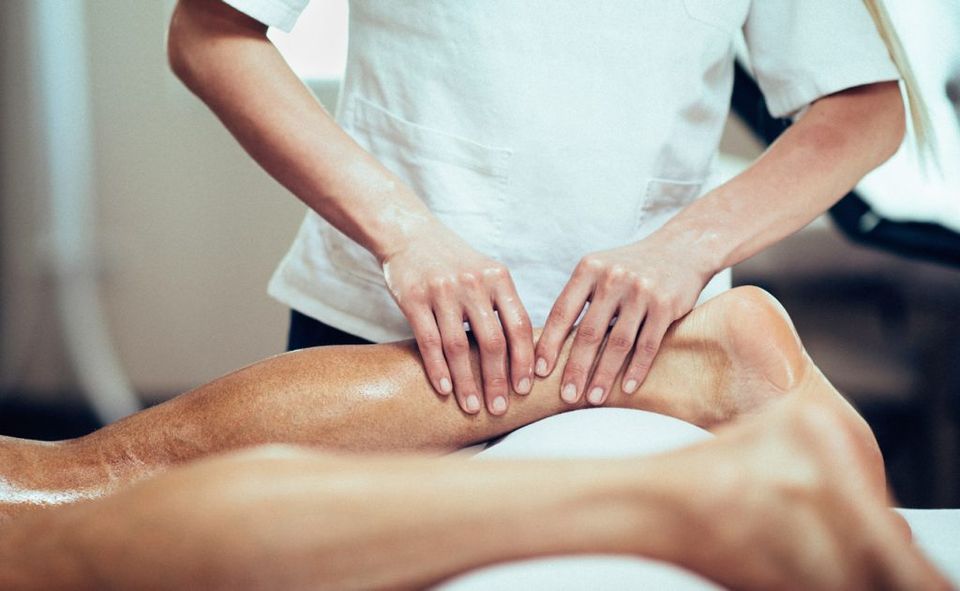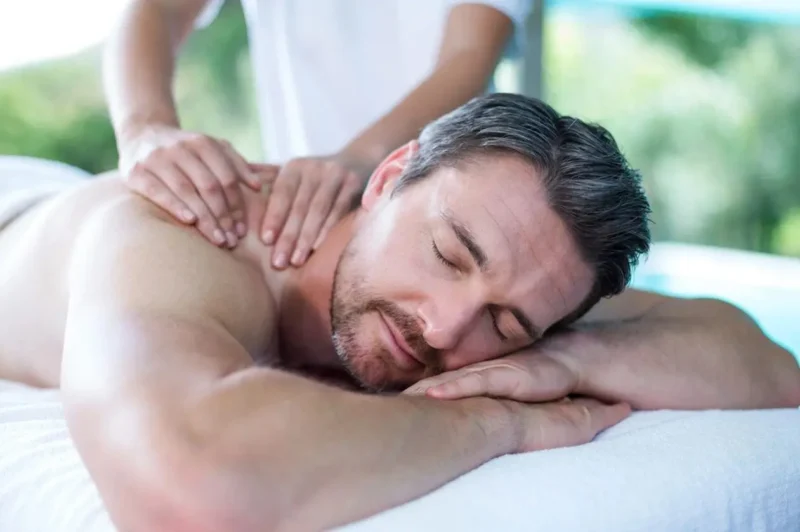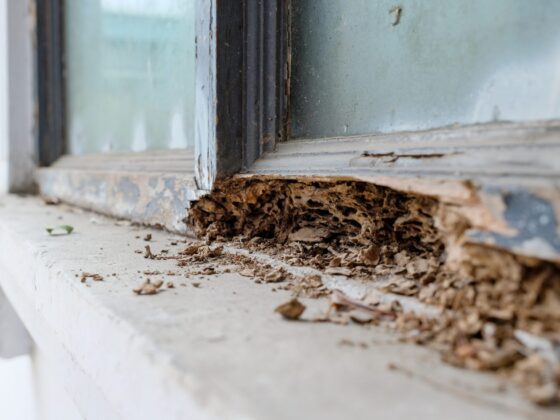In a world characterized by relentless pace and digital distractions, the quest for restorative sleep can often feel like an elusive dream. Yet, nestled in the soothing embrace of touch lies a powerful ally: massage therapy.
This ancient practice, revered for its holistic benefits, has garnered attention from modern science, revealing a fascinating interplay between the mechanics of muscle manipulation and the intricacies of our sleep cycles. By examining how massage affects our nervous system, promotes relaxation, and alters hormonal pathways, researchers are uncovering profound insights into its potential to enhance sleep quality.
As we delve deeper into this captivating synergy of body and mind, we invite you to explore how massage not only serves as a momentary escape but also paves the way for a more restful, rejuvenating slumber.
Introduction to Massage Therapy
 Massage therapy, a practice steeped in history, intertwines the art of touch with the science of anatomy, offering a myriad of benefits that transcend mere relaxation. From the ancient civilizations of Egypt and Greece to the holistic practices of Eastern cultures, the therapeutic manipulation of muscles and tissues has been revered not only for physical relief but also for its profound effects on mental wellness.
Massage therapy, a practice steeped in history, intertwines the art of touch with the science of anatomy, offering a myriad of benefits that transcend mere relaxation. From the ancient civilizations of Egypt and Greece to the holistic practices of Eastern cultures, the therapeutic manipulation of muscles and tissues has been revered not only for physical relief but also for its profound effects on mental wellness.
As we delve into the intricate relationship between massage and sleep enhancement, its important to understand how this age-old practice stimulates circulation, reduces stress, and activates the body’s natural healing processes. Through the exploration of specific techniques and their physiological impacts, we can unveil the powerful connection between a skilled touch and the elusive quality of restful slumber, revealing vibrant pathways to rejuvenation and tranquility.
The Physiological Effects of Massage
Massage therapy exerts profound physiological effects that can significantly enhance sleep quality. As skilled hands work to knead and manipulate muscles, various biological responses unfold within the body.
The first notable change is the reduction of cortisol levels—the stress hormone—as the soothing touch encourages a state of relaxation. Concurrently, endorphins and serotonin are released, contributing to an overall sense of well-being and calm. This delicate dance of neurotransmitters not only alleviates tension but also enhances blood circulation, ensuring that vital nutrients flood the tissues while clearing away metabolic waste.
Moreover, as muscle tension dissipates and nerve endings are gently stimulated, the body can transition more smoothly into the deeper, restorative phases of sleep. Thus, the intricate interplay of these physiological reactions not only fosters immediate relaxation but also paves the way for a night of rejuvenating slumber.
Understanding Sleep: A Brief Overview
 Sleep is a fascinating, yet often misunderstood, phenomenon that plays a crucial role in our overall health and well-being. It is not merely a passive state of rest, but rather an intricate process that involves multiple stages, each defined by unique brainwave patterns and physiological responses.
Sleep is a fascinating, yet often misunderstood, phenomenon that plays a crucial role in our overall health and well-being. It is not merely a passive state of rest, but rather an intricate process that involves multiple stages, each defined by unique brainwave patterns and physiological responses.
During these stages, particularly during deep sleep and REM sleep, our bodies undergo essential restorative processes, from cellular repair to memory consolidation. The science of sleep reveals intricate connections between the mind and body, illustrating how sleep cycles affect our mood, cognitive function, and physical health.
As we delve deeper into the relationship between massage and sleep enhancement, it becomes evident that optimizing our sleep environment and rituals can help harness the full potential of this vital, rejuvenating state.
Conclusion
 In conclusion, the interplay between massage and sleep is backed by a wealth of scientific research, which highlights the profound impact that physical touch and relaxation have on our overall well-being. By promoting muscle relaxation, reducing stress hormones, and enhancing circulation, massage therapy can significantly improve the quality of our sleep.
In conclusion, the interplay between massage and sleep is backed by a wealth of scientific research, which highlights the profound impact that physical touch and relaxation have on our overall well-being. By promoting muscle relaxation, reducing stress hormones, and enhancing circulation, massage therapy can significantly improve the quality of our sleep.
As more people seek holistic approaches to combat insomnia and sleep disturbances, services like 속초마사지 are gaining popularity for their ability to provide not only physical relief but also a serene mental state conducive to restful slumber. Ultimately, integrating regular massage into ones self-care routine is a valuable strategy for fostering better sleep and enhancing overall health.


